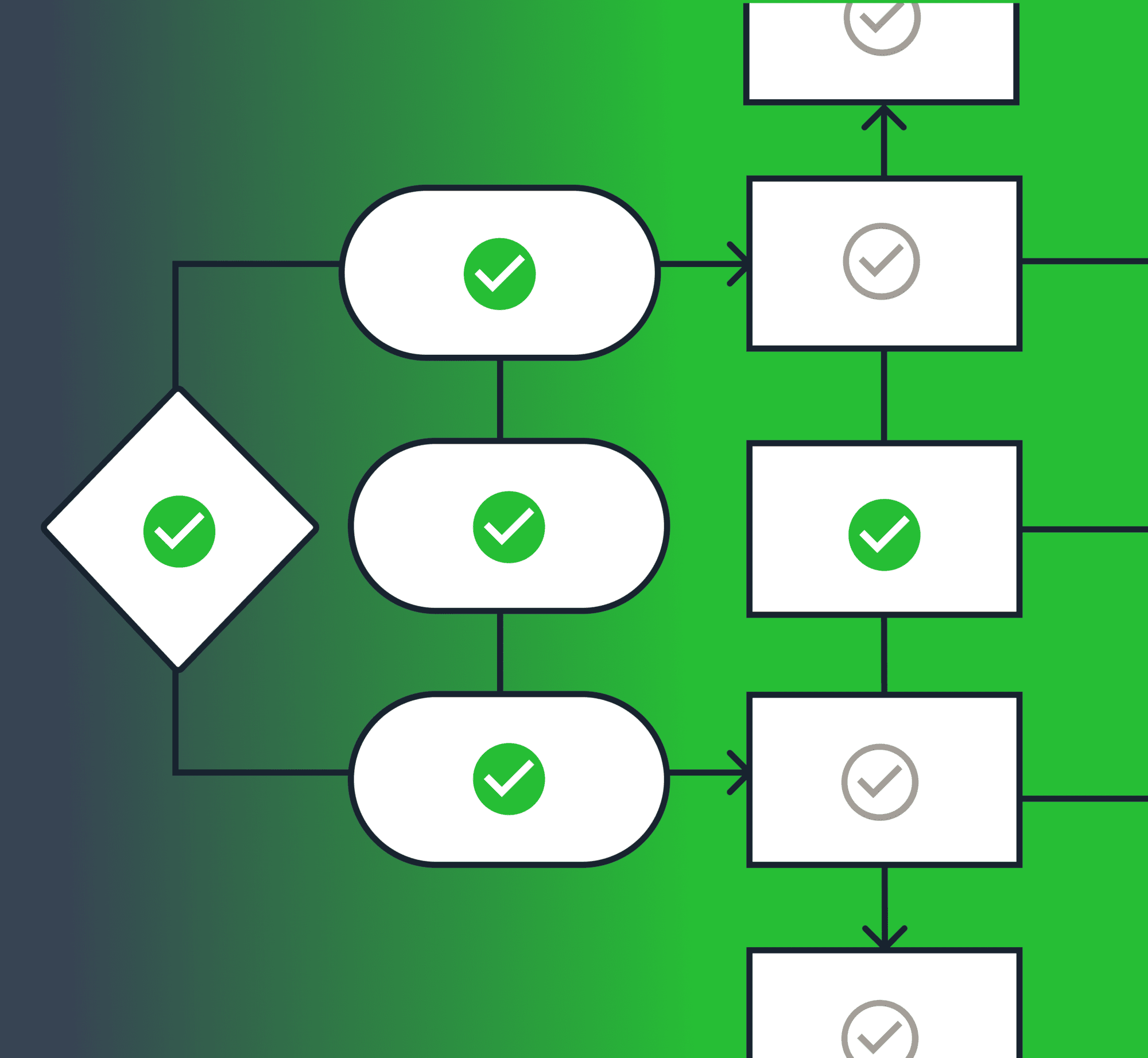
Values matter, right? At least that is what we tell ourselves, and you’ll hear it repeated in every business book that you pick up. However, values are tricky. Regardless of what values you claim to hold, the people you interact with regularly—such as your colleagues, friends, family, and partners—will inevitably perceive your true values through your actions and behaviors.
Despite this, we put a lot of thought into our values, and we feature them publicly. We tell our team to speak up if they don’t think we are living up to our values. Among our values though, there is one that stands out to me as the central pillar from which all others stem – “devoted partnerships.”
It’s easy to claim that we partner with our customers, but the reality is that consulting work can make it challenging to truly embody the essence of partnership. Authentic partnerships demand honesty, open dialogue, and the willingness to engage in tough conversations—qualities that can easily be derailed by the power dynamics in a consulting relationship.
So, why do we choose this path? We could just focus on parachuting in, solving problems quickly, and then handing our work over. This happens a lot, and is honestly a bit of a running joke in our industry. In fact, many businesses are looking for just those kinds of relationships. They aren’t looking for a long-term partnership, they are looking for someone to come in and solve an acute problem and then hit the road.
No judgment here, we’ve worked on projects like that before, but it definitely doesn’t result in our best work. And it isn’t well aligned with the people we have hired and the kind of business we’ve built.
The Unscalable Nature of Long-Term Relationships
Building long-term relationships isn’t particularly scalable, but the truth is, we don’t really know any other way to operate. Why? Because we are in the business of change and transformation. Building software is challenging, but driving change is even more daunting.
Change is often lauded as a positive force—innovation sits at the top of everyone’s wish list. However, when we talk about innovation, it’s often synonymous with novelty. We yearn for that magical silver bullet that promises to “change everything.” A “game-changer,” so to speak. However, the truth is that change is usually met with resistance. Change leads to friction. The greater the change, the more resistance it encounters. Change requires sustained pressure, commitment, and those uncomfortable conversations we’d often rather avoid.
So, consider this: pressure, commitment, uncomfortable conversations… Do you engage in those with strangers? Of course not, or at least if you do, I doubt you get much reciprocation. In order to engage in these activities, you need one thing… trust.
The Crucial Role of Trust in Transformation
To bring about substantial change, to truly transform, trust is a prerequisite. Trust isn’t built overnight, and it is very quickly lost. There may be shortcuts to gaining trust, like showcasing expertise or providing social proof, but these forms of trust are shallow and fleeting. These tactics may initially grant you access, but skepticism is widespread and justified; without ongoing evidence to reinforce trust, it will not last long enough to facilitate enduring change.
To achieve the depth of trust necessary for transformation you have to go deeper. It requires a genuine connection, a devoted partnership. A level of trust that causes you to hear something you strongly disagree with, but then you open your mind up just a bit. That kind of trust is hard. This is why we place such a high value on relationships.
Trust really is the foundation upon which transformation is built.
The Path for Transformation
Yet trust alone isn’t sufficient. To drive real transformation, you also need a plan. This is where the discipline of transformation design proves its worth. Transformation design is a nascent field, but it encompasses numerous essential components that we find invaluable:
- Human-Centered Design: By understanding the needs of those involved, we ensure that our solutions align with the people they are designed to serve.
- Systems Thinking: Recognizing the complexity and interconnectedness of organizations and systems, we consider the broader context in which our transformations occur.
- Iteration and Experimentation: We embrace a flexible, adaptive approach, acknowledging that transformations may require adjustments along the way.
- Cocreation: Collaboration and involvement of diverse stakeholders are central to our process, fostering a sense of ownership and commitment.
- Vision and Purpose: Our transformations begin with a clear vision and purpose, serving as a guiding light for all our efforts.
- Change Management: Effective leadership and change management are essential to ensure that our transformations are successful.
- Sustainability: We consider the long-term sustainability and ethical implications of our changes, aiming for responsible and enduring transformations.
- Continuous Learning: Recognizing that transformation is an ongoing journey, we emphasize continuous learning and adaptation.
There’s No Shortcut To Real Trust
Our commitment to “devoted partnerships” isn’t just something we say; it’s a fundamental belief that drives everything we do. Trust, forged through time and genuine relationships, is the bedrock upon which we build change. Guided by the tenets of transformation design, we aim to create not just novelty, but lasting, positive, and sustainable transformation in the world of software and beyond.
Loved the article? Hated it? Didn’t even read it?
We’d love to hear from you.




